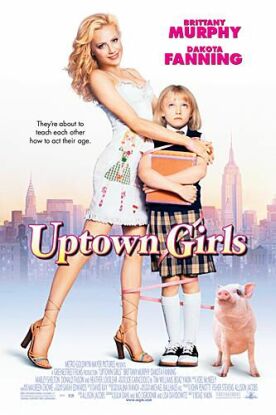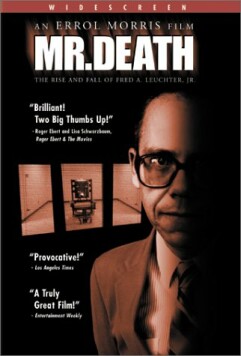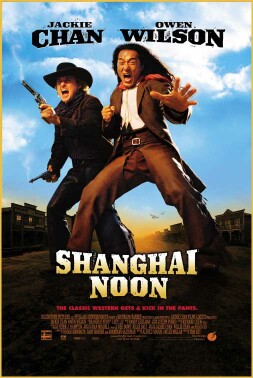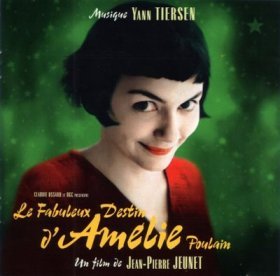Uptown Girls
In Uptown Girls, directed by Boaz Yakin, Brittany Murphy plays Molly Gunn, the orphaned daughter of a rock legend, who loses all her money and her fantastically cool New York apartment to a crooked financial manager who disappears. For the first time in her life, in her 20s, she has to assume adult responsibilities, and she takes a job as nanny to Ray (Dakota Fanning), a little girl who has never been allowed to be a normal child and who therefore may be supposed to have the opposite problem.
It’s not necessarily a bad idea, especially since it invites our attention to the ideal of perpetual adolescence celebrated by so much of the popular music world out of which Molly comes and to which she aspires to return. But it turns out that neither Mr Yakin nor his screenwriters, Julia Dahl, Mo Ogrodnik and Lisa Davidowitz adapting a story by Allison Jacobs, are interested in anything as serious as that. It’s all that they can do to work up a little concern about poor Ray’s tragic precocity. Molly’s childishness is mostly just played for laughs.
But one thing the movie has got going for it is the beautiful Miss Murphy, who here shows an unsuspected versatility. After playing the tragic and vulnerable Daisy in Girl Interrupted and nearly stealing the movie from under the noses of both Winona Ryder and Angelina Jolie, she shows in Uptown Girls that she can also do charming and comic and sexy — much, much sexier, in fact, than anyone named Brittany has a right to be.
Unfortunately she’s got a dog of a script which puts her between two co-stars — Miss Fanning and Jesse Spencer as the pop star to whom she becomes an underappreciated girlfriend — who vie with each other in awfulness. If we’re meant to love Molly in spite of her spoiled immaturity, we would obviously find it much easier and more enjoyable if she didn’t have to compete with the former in being spoiled and with the latter in being immature.
Of course the contrast between the girl, Molly, who has never grown up and the girl she is comically expected to look after, who has been expected to act like a grown-up since she was three, is supposed to be very cute. But it loses a lot by not being set in some middle-American town where ideas of adult and childish behavior are fairly clear and can serve as benchmarks. In the midst of the pop music scene in Manhattan, all such distinctions are either broken down or in the process of breaking down.
In this world, maturity and responsibility look like nothing but the punishments for not having enough money. There is at least a suggestion that poor little Ray is to be pitied not just for her premature cynicism and emotional aridity but for her work ethic and the fact that she is deprived of what ought to be one of the prerogatives of her family’s wealth, the right to be a sloppy slacker like Molly.
But — credit where it’s due — Molly does escape from her heritage as a pop princess far enough to learn from Ray, quoting Mikhail Baryshnikov, that “fundamentals are the building blocks of fun.” It may not be quite enough to make the film worth seeing, but I myself would go again just for another look at yummy Brittany who will now, I hope, start to get the better parts she deserves.
Discover more from James Bowman
Subscribe to get the latest posts to your email.







